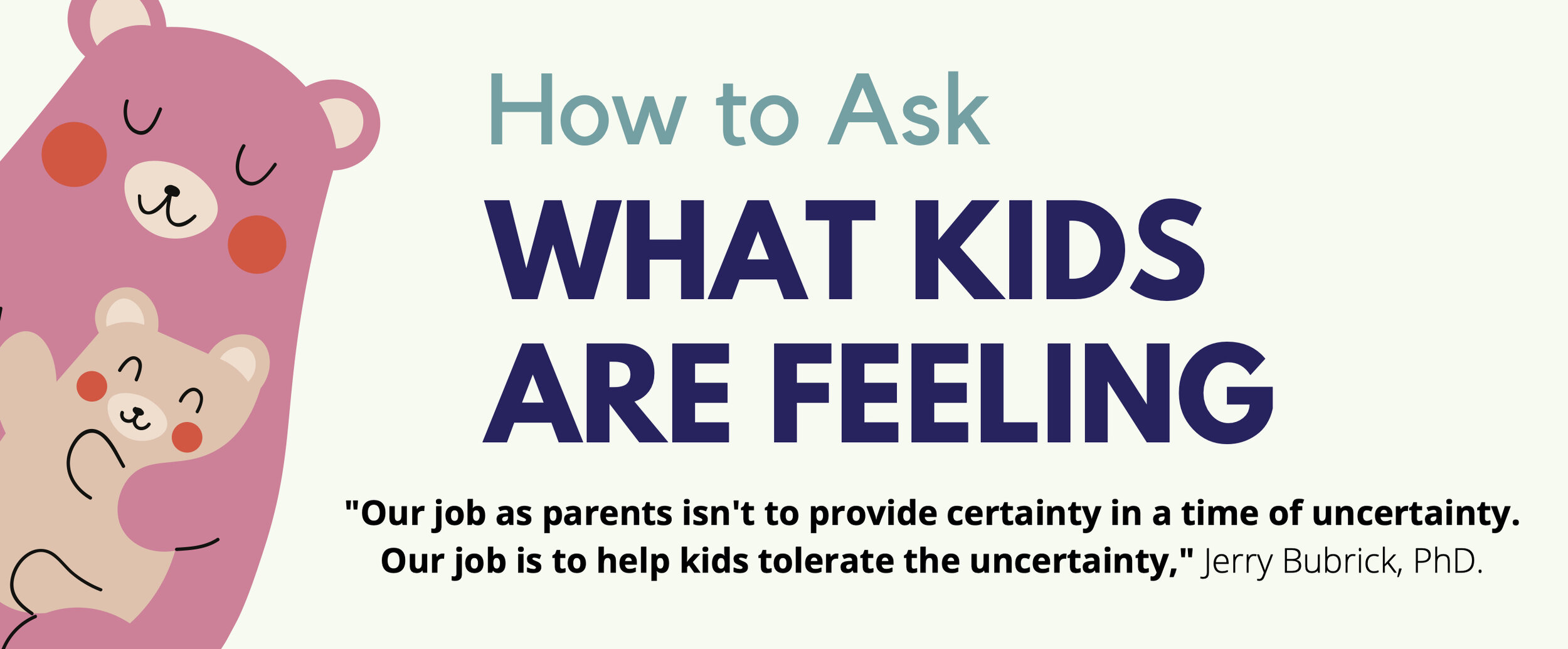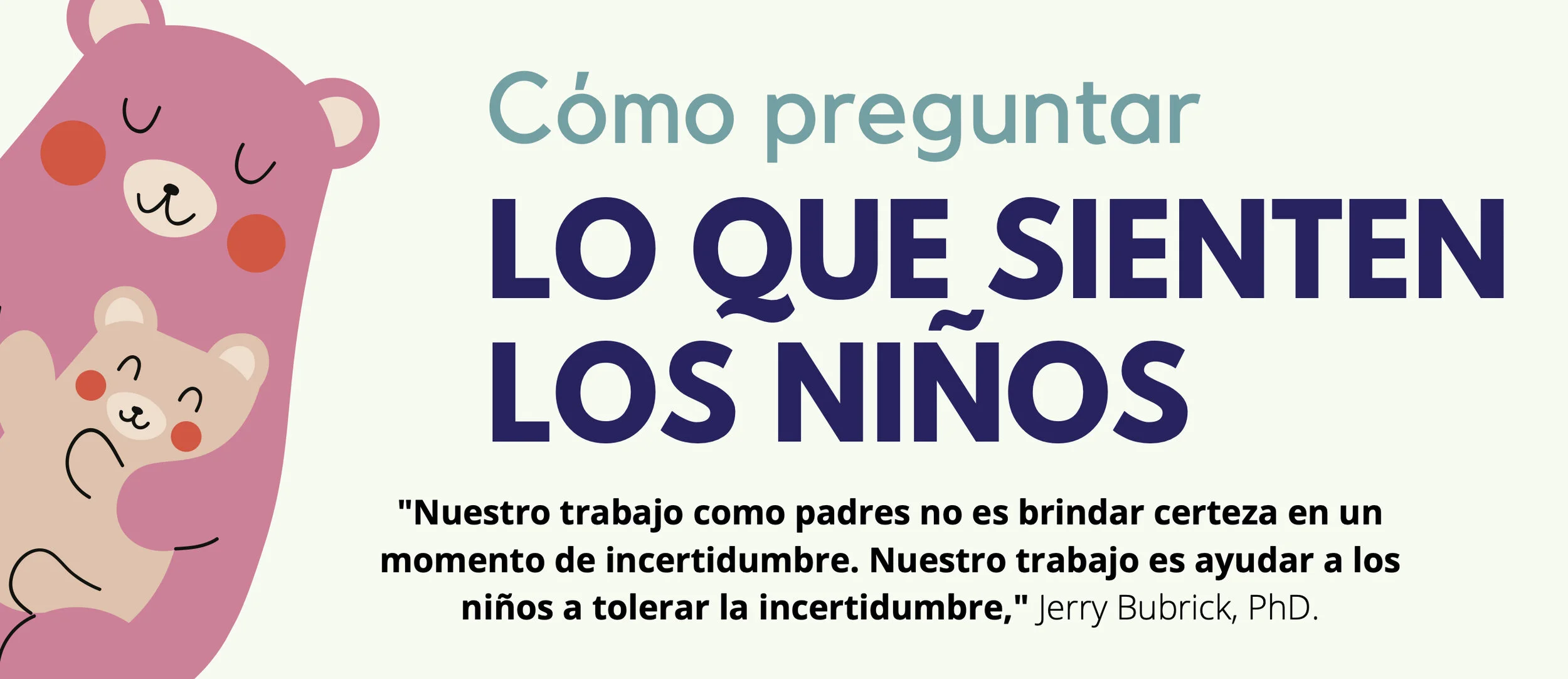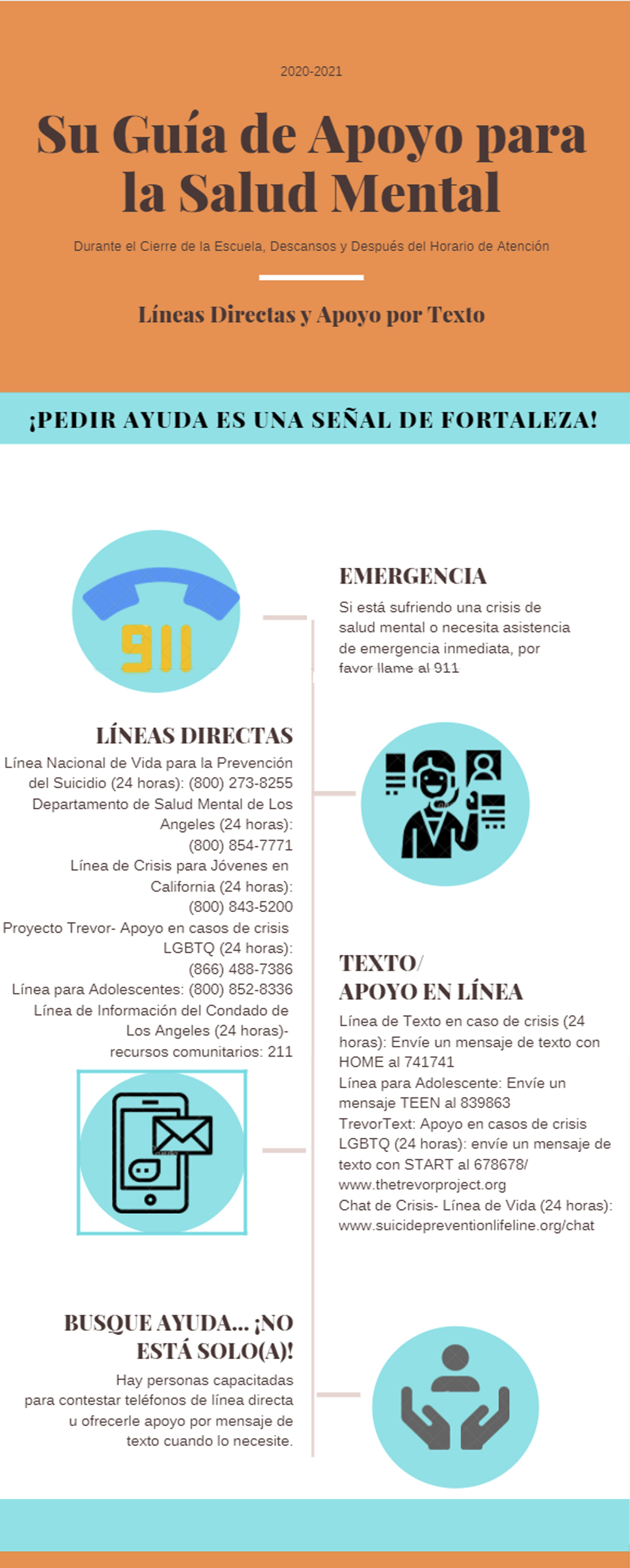Mental health support & resources
How are you feeling?
Como Te Sientes hoy?
Early Childhood Mental Health
Consultation Line/ Linea de Consulta de Salud
Mental en la Primera Infancia
CDC MENTAL HEALTH RESOURCES FOR COVID-19
Pandemics can be stressful
The coronavirus disease 2019 (COVID-19) pandemic may be stressful for people. Fear and anxiety about a new disease and what could happen can be overwhelming and cause strong emotions in adults and children. Public health actions, such as social distancing, can make people feel isolated and lonely and can increase stress and anxiety. However, these actions are necessary to reduce the spread of COVID-19. Coping with stress in a healthy way will make you, the people you care about, and your community stronger.
Everyone reacts differently to stressful situations
How you respond to stress during the COVID-19 pandemic can depend on your background, your social support from family or friends, your financial situation, your health and emotional background, the community you live in, and many other factors. The changes that can happen because of the COVID-19 pandemic and the ways we try to contain the spread of the virus can affect anyone.
People who may respond more strongly to the stress of a crisis include:
People who are at higher risk for severe illness from COVID-19 (for example, older people, and people of any age with certain underlying medical conditions).
Frontline workers such as health care providers and first responders,
Essential workers who work in the food industry.
People who have existing mental health conditions.
People who use substances or have a substance use disorder.
People who have lost their jobs, had their work hours reduced, or had other major changes to their employment.
People who have disabilities or developmental delay.
People who are socially isolated from others, including people who live alone, and people in rural or frontier areas.
People in some racial and ethnic minority groups.
People who do not have access to information in their primary language.
People experiencing homelessness.
People who live in congregate (group) settings.
Healthy ways to cope with stress
Know what to do if you are sick and are concerned about COVID-19. Contact a health professional before you start any self-treatment for COVID-19.
Know where and how to get treatment and other support services and resources, including counseling or therapy (in person or through telehealth services).
Take care of your emotional health. Taking care of your emotional health will help you think clearly and react to the urgent needs to protect yourself and your family.
Take breaks from watching, reading, or listening to news stories, including those on social media. Hearing about the pandemic repeatedly can be upsetting.
Take care of your body.
Take deep breaths, stretch, or meditateexternal icon.
Avoid excessive alcohol and drug use.
Make time to unwind. Try to do some other activities you enjoy.
Connect with others. Talk with people you trust about your concerns and how you are feeling.
Connect with your community- or faith-based organizations. While social distancing measures are in place, consider connecting online, through social media, or by phone or mail.














